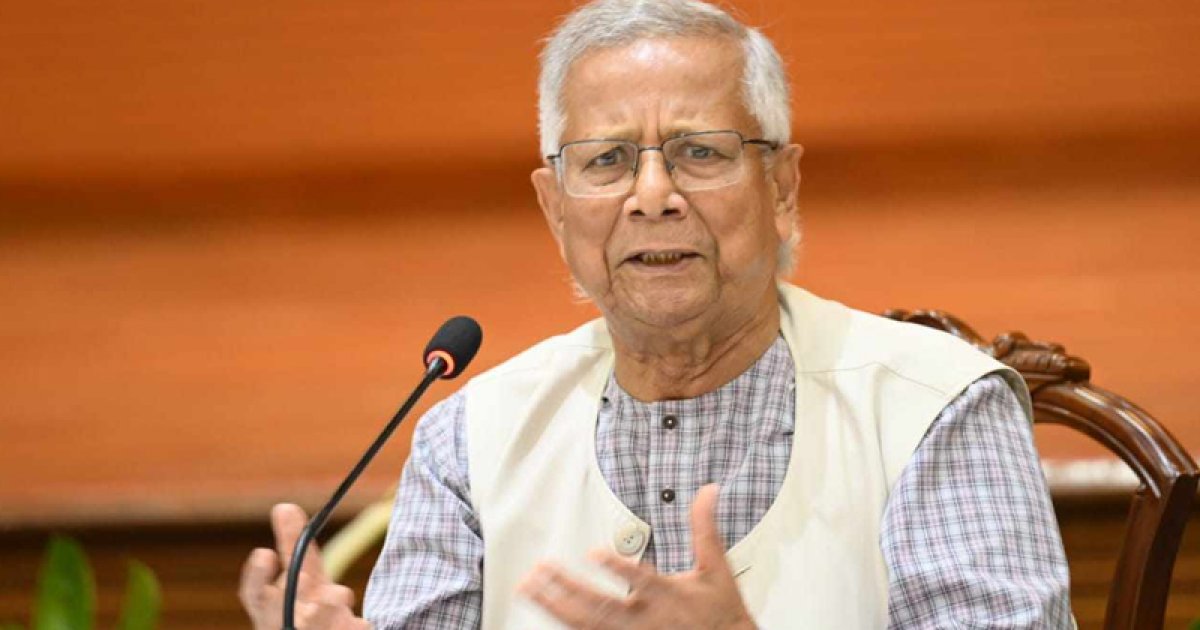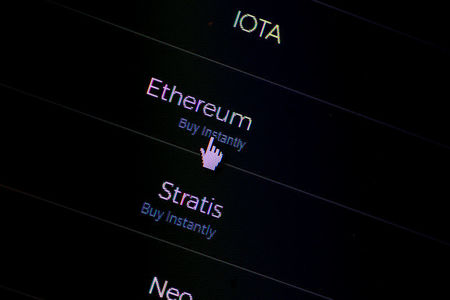Balancing Innovation with Vulnerabilities in Blockchain Gaming’s Security Landscape
The post Balancing Innovation with Vulnerabilities in Blockchain Gaming’s Security Landscape appeared on BitcoinEthereumNews.com. Blockchain gaming has emerged as a dynamic force in the gaming industry, revolutionizing player experiences. However, it is not impervious to security challenges. Clash experts provide a comprehensive exploration of the intricacies of blockchain gaming, emphasizing the critical vulnerabilities and strategies essential for reinforcing security in this evolving landscape. Tokenized assets: A precarious connection to private keys Blockchain gaming introduces the concept of tokenized assets, wherein digital assets are represented as tokens on a blockchain. These tokens function as digital certificates of ownership for in-game items. Ownership is intricately linked to cryptographic private keys. Should users lose access to their private keys, they effectively relinquish control over their tokenized assets. This issue is compounded by the growing prevalence of phishing attacks, wherein hackers manipulate users into divulging sensitive data, resulting in the loss of their digital gaming assets. Smart contracts: Efficiency and complexity at odds Smart contracts, a hallmark of blockchain gaming, offer remarkable efficiency by autonomously executing actions based on predefined conditions. They reduce human errors and the need for intermediaries. Yet, their increasing complexity exposes them to vulnerabilities. Once activated, smart contracts are challenging to modify. Even a slight coding oversight can trigger unintended consequences that malicious actors can exploit. Furthermore, smart contracts frequently interact with external data sources, and if these interactions are not adequately secured, they become additional points of vulnerability. Deploying smart contracts without comprehensive testing exacerbates the problem, leading to undetected vulnerabilities. Cyberattacks targeting Blockchain gaming platforms Blockchain gaming platforms and marketplaces are increasingly attractive targets for cyberattacks. Hackers employ tactics like malware or web attacks to infiltrate these platforms and gain access to player accounts. Once inside, they can manipulate in-game economies or simply steal digital assets. Although blockchain games distribute data across multiple nodes, reducing the risk of data breaches or attacks…

The post Balancing Innovation with Vulnerabilities in Blockchain Gaming’s Security Landscape appeared on BitcoinEthereumNews.com.
Blockchain gaming has emerged as a dynamic force in the gaming industry, revolutionizing player experiences. However, it is not impervious to security challenges. Clash experts provide a comprehensive exploration of the intricacies of blockchain gaming, emphasizing the critical vulnerabilities and strategies essential for reinforcing security in this evolving landscape. Tokenized assets: A precarious connection to private keys Blockchain gaming introduces the concept of tokenized assets, wherein digital assets are represented as tokens on a blockchain. These tokens function as digital certificates of ownership for in-game items. Ownership is intricately linked to cryptographic private keys. Should users lose access to their private keys, they effectively relinquish control over their tokenized assets. This issue is compounded by the growing prevalence of phishing attacks, wherein hackers manipulate users into divulging sensitive data, resulting in the loss of their digital gaming assets. Smart contracts: Efficiency and complexity at odds Smart contracts, a hallmark of blockchain gaming, offer remarkable efficiency by autonomously executing actions based on predefined conditions. They reduce human errors and the need for intermediaries. Yet, their increasing complexity exposes them to vulnerabilities. Once activated, smart contracts are challenging to modify. Even a slight coding oversight can trigger unintended consequences that malicious actors can exploit. Furthermore, smart contracts frequently interact with external data sources, and if these interactions are not adequately secured, they become additional points of vulnerability. Deploying smart contracts without comprehensive testing exacerbates the problem, leading to undetected vulnerabilities. Cyberattacks targeting Blockchain gaming platforms Blockchain gaming platforms and marketplaces are increasingly attractive targets for cyberattacks. Hackers employ tactics like malware or web attacks to infiltrate these platforms and gain access to player accounts. Once inside, they can manipulate in-game economies or simply steal digital assets. Although blockchain games distribute data across multiple nodes, reducing the risk of data breaches or attacks…
What's Your Reaction?











































